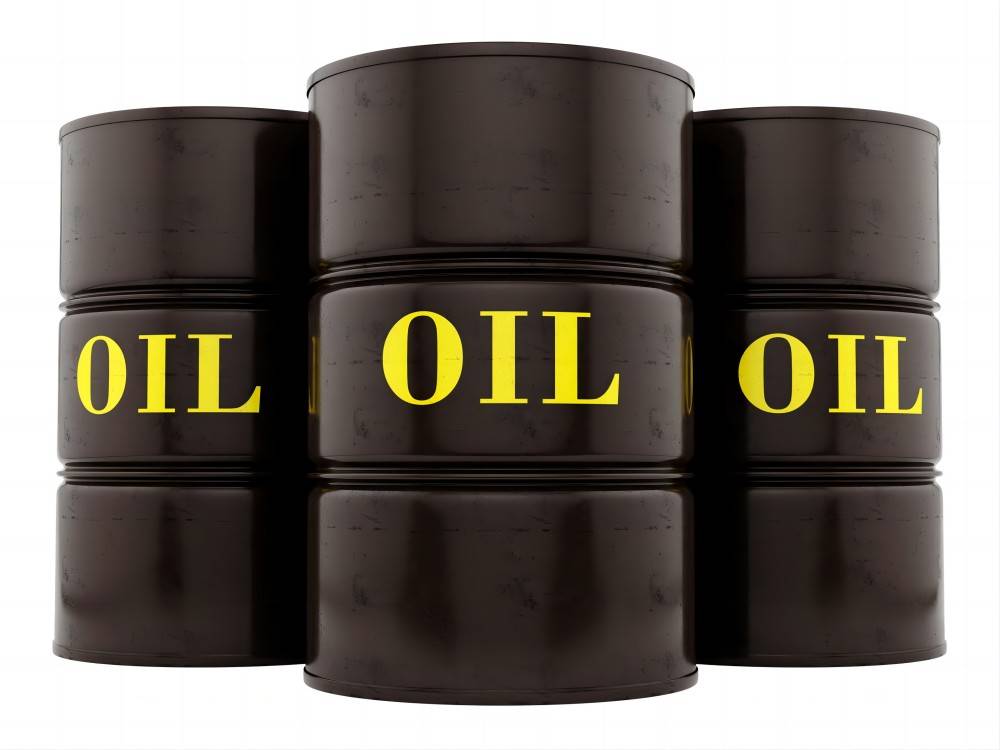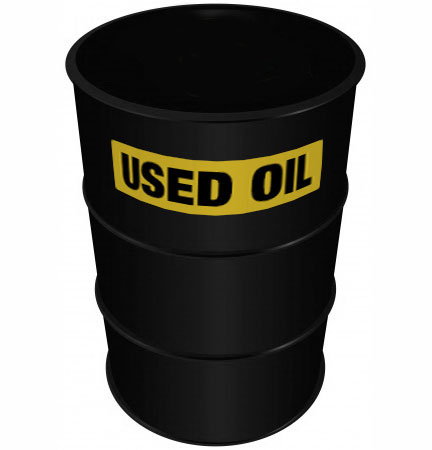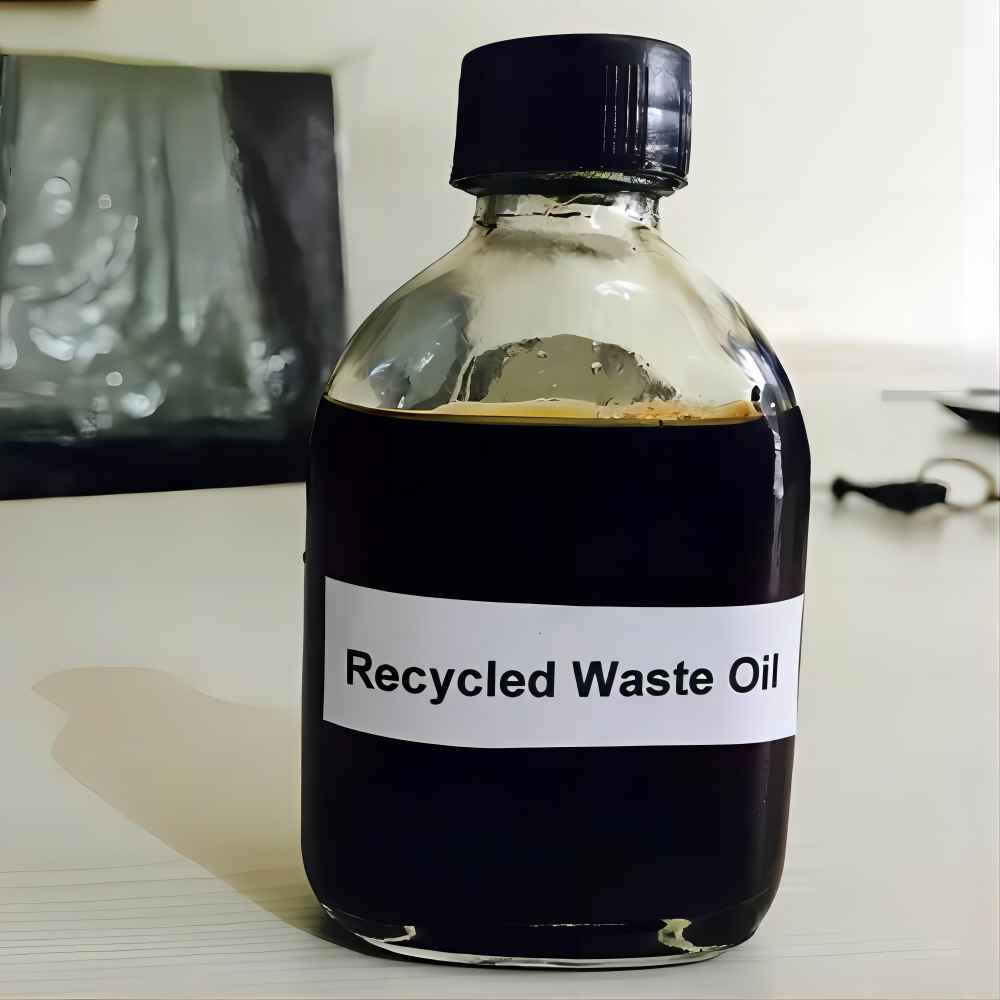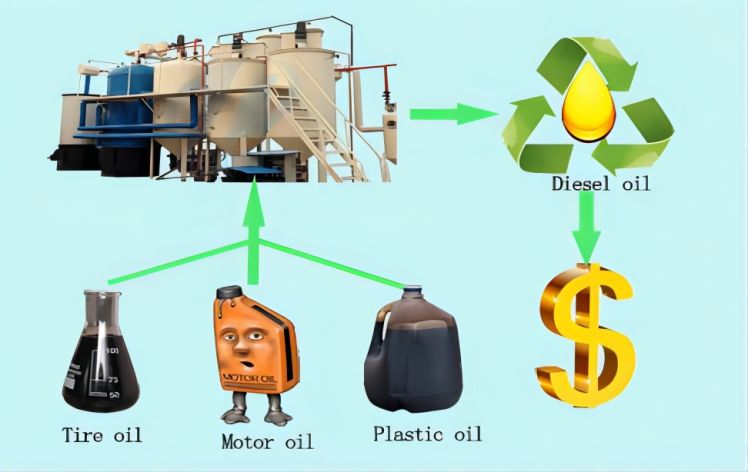Waste Oil Recovery: Regulations and Best Practices for Businesses
Used oil, a byproduct of various industrial processes and activities like engine oil changes, poses a significant environmental threat if not managed responsibly. It can contaminate soil and water, harm wildlife, and even pose health risks if improperly disposed of. However, used oil doesn’t have to be wasted. Waste oil recovery, encompassing recycling, re-refining, and energy recovery, offers a sustainable solution. By implementing responsible recovery practices, businesses can not only comply with regulations but also contribute to environmental and economic benefits. This article focuses on the regulations and best practices businesses must be aware of to ensure responsible waste oil recovery.

Understanding Waste Oil Recovery Regulations
A. Importance of Compliance
Failing to comply with waste oil recovery regulations can lead to serious consequences. The Environmental Protection Agency (EPA) enforces federal regulations for used oil management, with some states having additional requirements. Non-compliance can result in hefty fines, ranging from thousands to tens of thousands of dollars per violation. More importantly, improper waste oil disposal can cause significant environmental damage. Leaking or spilled oil can contaminate soil and water sources, harming plant and animal life. Improper burning of used oil releases harmful pollutants into the air, impacting air quality and public health. By following regulations and best practices, businesses can avoid these consequences and contribute to a cleaner environment.
B. Key Regulatory Bodies (US Focus)
In the United States, the primary regulatory body for waste oil recovery is the Environmental Protection Agency (EPA). The EPA established used oil management standards under the Resource Conservation and Recovery Act (RCRA). These standards aim to ensure the safe storage, transportation, and processing of used oil while minimizing environmental risks. It’s important to note that some states may have additional or stricter regulations for waste oil recovery. Businesses should consult their state environmental agency for any specific requirements that may apply in their location.

C. General EPA Requirements for Waste Oil Recovery
The EPA’s used oil management standards outline specific requirements for businesses that generate or manage used oil. These requirements are designed to promote safe handling, prevent spills, and encourage recycling. Here are some key aspects to be aware of:
- Proper Containers: Used oil must be stored in containers specifically designed for hazardous materials. These containers typically include closed-top, DOT-approved drums made of durable, non-corrosive materials like steel or polyethylene. The containers should be in good condition, and free from severe rust, leaks, or structural defects.
- Labeling Requirements: All used oil containers must be clearly labeled as “Used Oil” to avoid confusion with other materials. The label may also include additional information, such as the date of collection and the name of the generator (business).
- Recordkeeping: Businesses are required to maintain records of their used oil activities. These records should document the volume of used oil generated, storage details (location, container types), and the ultimate destination of the used oil (recycled, re-refined, etc.). The EPA recommends keeping these records for at least three years.
- Using Licensed Transporters: If used oil is transported off-site for recycling or disposal, the transport company must be licensed by the EPA to handle hazardous materials. Businesses should verify the transporter’s credentials and ensure they follow proper procedures for transporting used oil, including adherence to Department of Transportation (DOT) regulations for hazardous materials transportation (if applicable).
Best Practices for Responsible Waste Oil Recovery
Beyond complying with regulations, businesses can implement best practices to further ensure safe and responsible waste oil recovery. These practices not only minimize environmental risks but can also improve efficiency and cost-effectiveness.
A. Storage Best Practices
- Designated Containers: Use designated, leak-proof containers specifically designed for used oil storage. Never store used oil in containers that previously held other chemicals or materials, as they may react with the oil and create safety hazards.
- Proper Labeling: Ensure all used oil containers are clearly labeled with the “Used Oil” designation. Consider including additional information such as the date of collection and the business name for improved recordkeeping.
- Storage Location: Store used oil indoors or in a covered area to prevent rainwater contamination. Exposure to rainwater can dilute the oil and make it unsuitable for recycling or re-refining.
- Closed Containers: Keep used oil containers closed at all times when not in use. This prevents spills, minimizes evaporation, and reduces the risk of airborne contaminants entering the oil.
- Secondary Containment: Implement secondary containment measures like drip pans or berms around storage areas. This helps capture any spills or leaks, preventing them from contaminating surrounding soil or reaching waterways.

B. Collection and Transportation Best Practices
- Partnering with Licensed Collectors: Partner with reputable and licensed waste oil collectors for regular pickups. Licensed collectors ensure proper handling, transportation, and processing of the used oil according to EPA regulations. Look for collectors who can provide documentation of their licensing and proper disposal practices.
- Scheduling Regular Collections: Don’t allow used oil to accumulate on-site. Schedule regular collections based on the volume of used oil your business generates. Frequent collections minimize storage risks and ensure the oil is processed promptly.
- Proper Transportation Procedures: If your business transports used oil short distances within your facility, ensure you follow proper procedures. Use designated containers and avoid spills. For larger quantities or off-site transportation, always rely on licensed transporters who adhere to DOT regulations for hazardous materials transportation (if applicable). DOT regulations specify container types, labeling requirements, and safe transport practices for hazardous materials, including used oil.
C. Recordkeeping Best Practices
- Maintaining Accurate Records: Develop a system for maintaining accurate and detailed records of your used oil activities. These records should include:
- The volume of used oil generated each month or collection period.
- Details about storage containers, including type, size, and location.
- Dates of collection and the name of the licensed collector who transported the used oil.
- The final destination of the used oil (recycling facility, re-refinery, etc.)
- Following Recommended Timelines: The EPA recommends keeping used oil records for at least three years. Some states may have different requirements, so consult your state environmental agency for specific recordkeeping timelines. Having a well-organized recordkeeping system is crucial for demonstrating compliance with regulations during inspections.

Conclusion
Responsible waste oil recovery is not only an environmental imperative but also a smart business decision. By understanding and complying with regulations, and implementing best practices for storage, collection, and recordkeeping, businesses can ensure safe and sustainable management of used oil. Partnering with licensed waste oil collectors and utilizing reputable recycling or re-refining facilities allows businesses to contribute to a circular economy and minimize their environmental footprint. For further information and resources, consult the EPA’s website (link to EPA used oil webpage) or your state environmental agency for specific regulations and guidance. Additionally, many waste oil collection companies offer educational resources and can assist businesses in developing a customized waste oil management plan. By taking a proactive approach to waste oil recovery, businesses can play a vital role in protecting our environment and promoting a more sustainable future.







